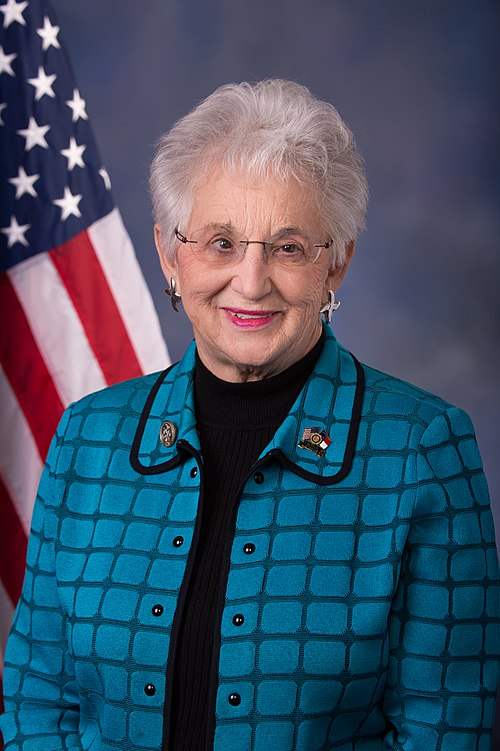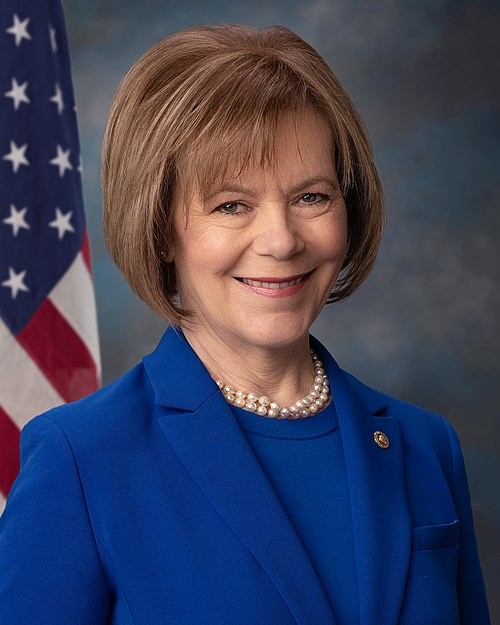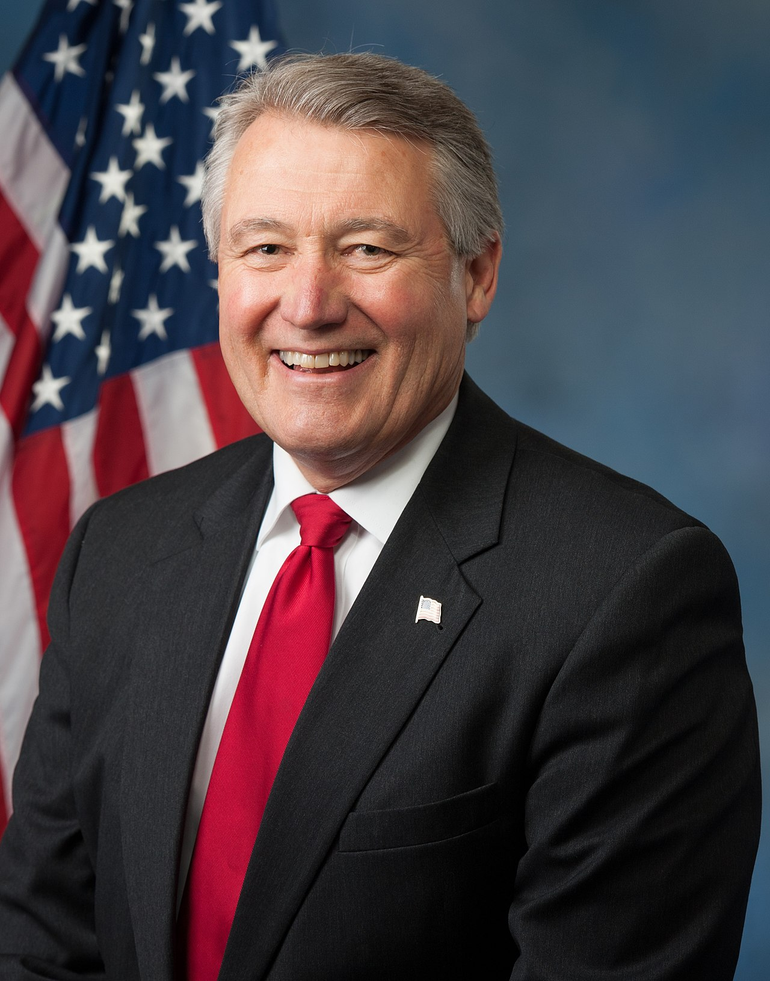H.R. 1449: Energy Resilient Communities Act
This bill, known as the Energy Resilient Communities Act, aims to improve energy resilience, security, and equity across various communities in the United States, particularly those that are considered environmental justice communities. The key components of the bill are outlined below:
Grant Program Establishment
The bill mandates the Secretary of Energy to establish a program to provide grants to eligible entities to enhance their energy systems. This grant program will support various activities, including:
- Technical Assistance: Grants can be used to upgrade building codes and standards for climate resilience, develop hazard mitigation plans, and assess needs for clean energy microgrid projects.
- Community Outreach: Eligible entities may use funds for public engagement and collaborative planning for clean energy projects.
- Project Development: Grants can finance the development and construction of clean energy microgrids that benefit critical community infrastructure and residences of medically vulnerable customers.
Grant Prioritization
In awarding grants, priority will be given to proposals that:
- Target environmental justice communities, which often face greater environmental and health risks.
- Involve community-owned energy systems, aiming to benefit local populations directly.
- Lead to significant reductions in greenhouse gas emissions, public health disparities, and energy cost burdens.
Educational Outreach Program
The Secretary of Energy is also required to develop an educational outreach program to inform eligible entities about the grant program. This program will prioritize:
- Providing information to entities serving environmental justice communities.
- Promoting public understanding of the benefits of clean energy microgrids.
Cost Sharing and Funding
The federal share for grants will generally not exceed 60% of total project costs but can go up to 90% for projects in environmental justice communities. The bill proposes appropriations of:
- $50 million annually for technical assistance and outreach from fiscal years 2025 to 2034.
- $1.5 billion annually for projects including clean energy microgrid development.
Usage of U.S. Materials
All iron, steel, and manufactured goods used in projects funded by this program must be produced in the United States, with provisions for waivers in specific circumstances.
Labor Standards
Laborers and mechanics working on projects funded through this bill will be required to be paid prevailing wages, and efforts will be made to ensure that the workforce represents local communities and disadvantaged groups.
Reports and Oversight
The Secretary of Energy will report annually to Congress on the number of grants awarded, the total dollar amounts, and detailed information about each grant including its impacts on greenhouse gases and public health.
Definitions
The bill includes definitions for various terms such as:
- Clean Energy: Energy generated from sources such as solar, wind, and hydro.
- Environmental Justice Community: Communities that experience disproportionate environmental burdens.
- Microgrid: Localized grids that can operate independently from the traditional grid.
Relevant Companies
- NEE - NextEra Energy, a leading clean energy provider that may benefit from increased demand for microgrid technology and renewable energy solutions driven by this bill.
- DUK - Duke Energy, which may be involved in microgrid projects and could receive grants for enhancing energy resilience efforts in its service areas.
This is an AI-generated summary of the bill text. There may be mistakes.
Sponsors
32 bill sponsors
-
TrackNanette Diaz Barragán
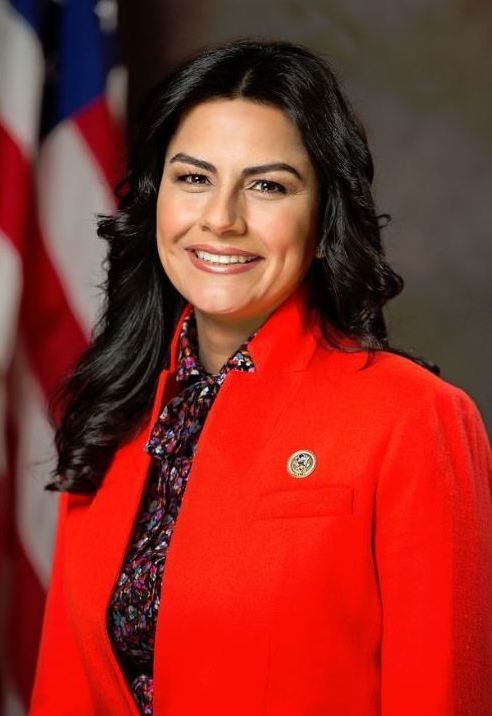
Sponsor
-
TrackYassamin Ansari
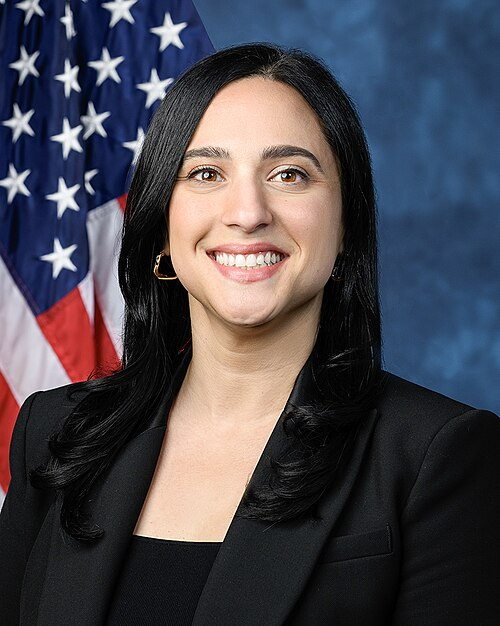
Co-Sponsor
-
TrackSuzanne Bonamici
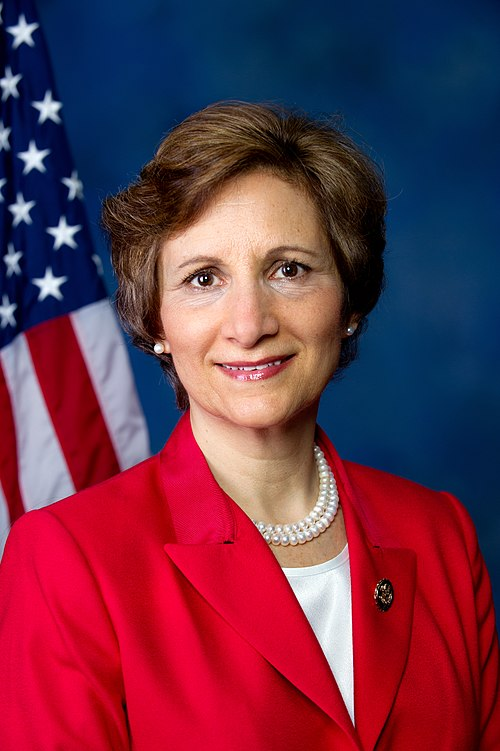
Co-Sponsor
-
TrackAndré Carson
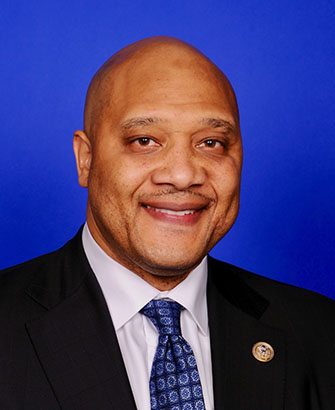
Co-Sponsor
-
TrackTroy A. Carter
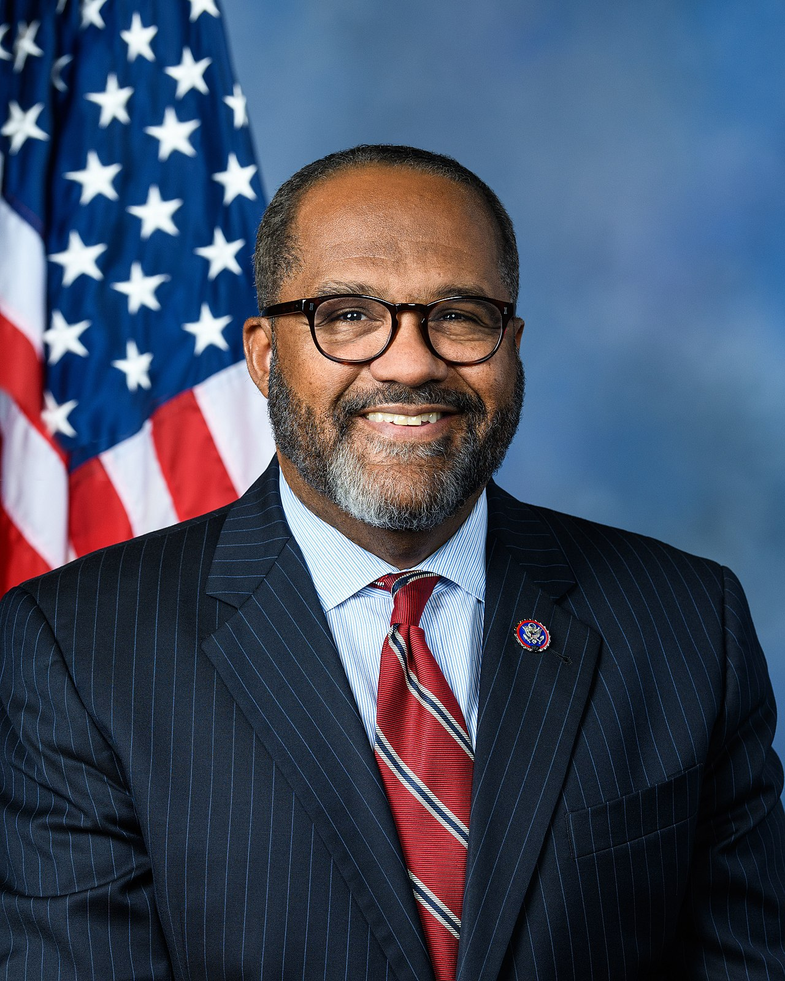
Co-Sponsor
-
TrackEd Case
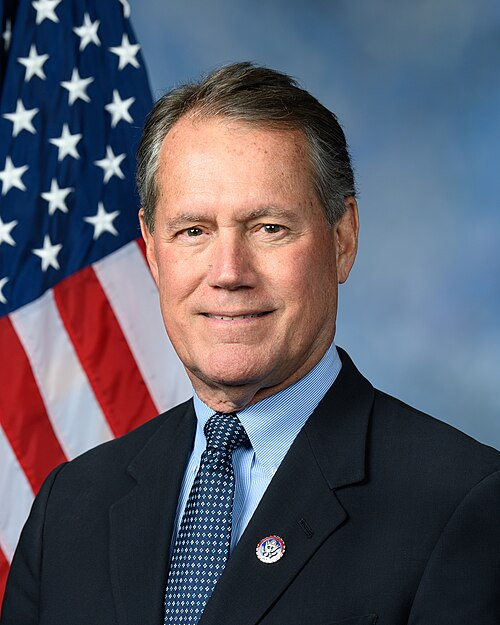
Co-Sponsor
-
TrackKathy Castor
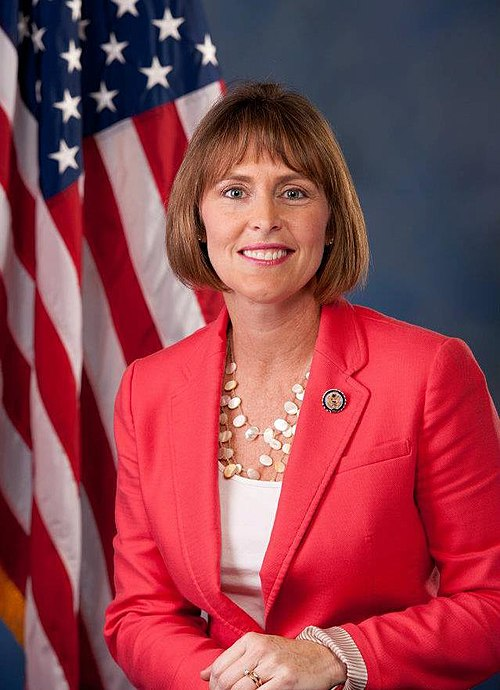
Co-Sponsor
-
TrackYvette D. Clarke

Co-Sponsor
-
TrackEmanuel Cleaver
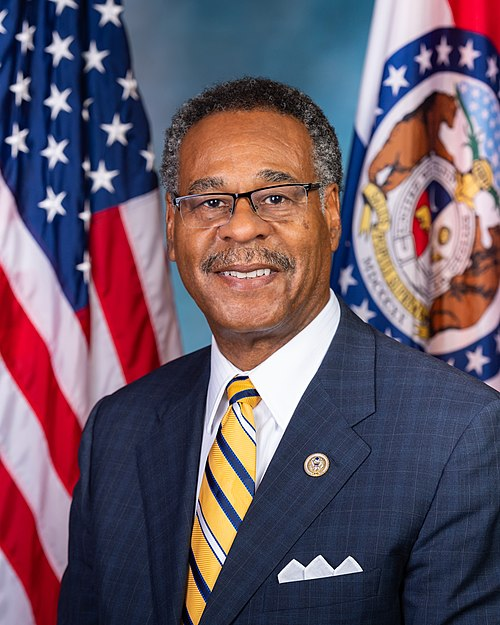
Co-Sponsor
-
TrackSteve Cohen

Co-Sponsor
-
TrackRaúl M. Grijalva
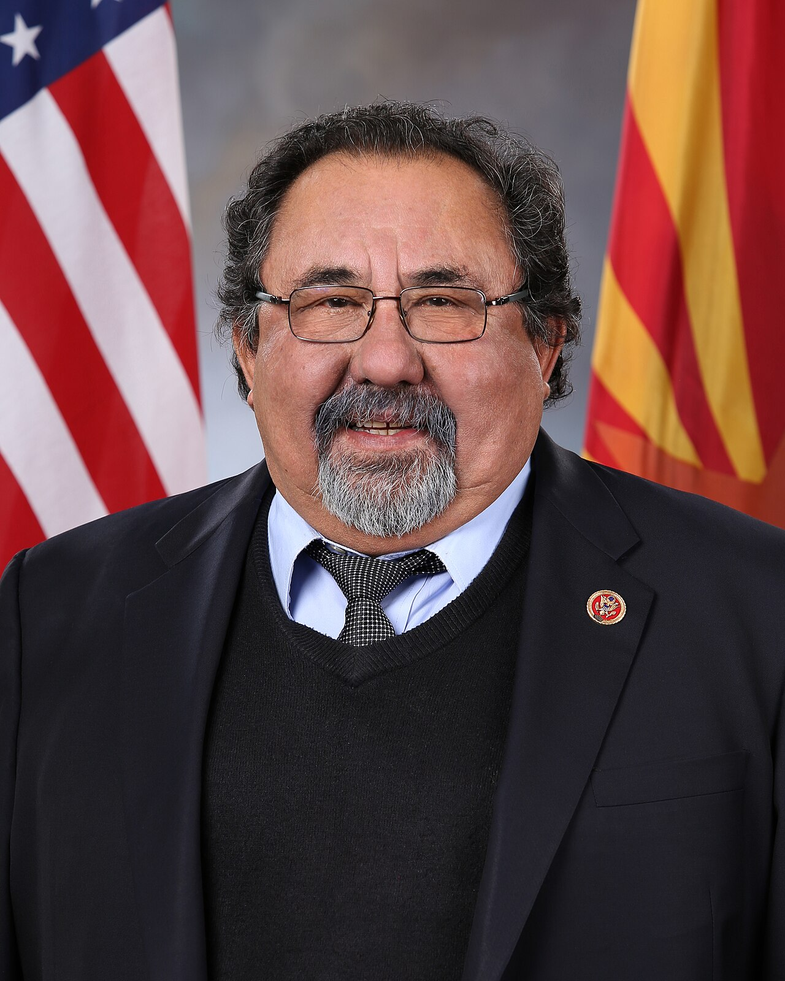
Co-Sponsor
-
TrackJared Huffman
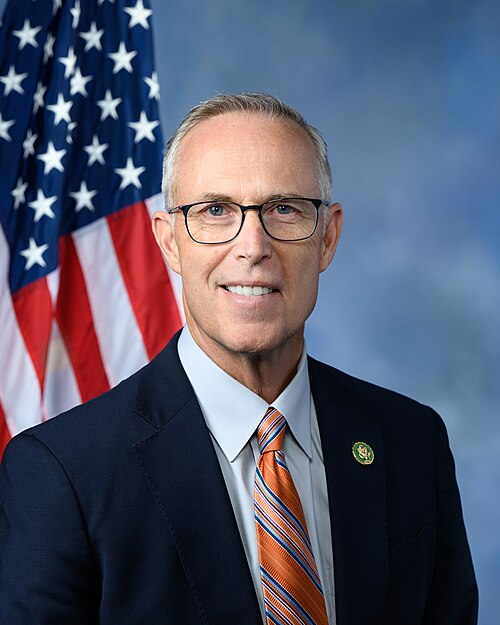
Co-Sponsor
-
TrackPramila Jayapal

Co-Sponsor
-
TrackHenry C. "Hank" Johnson, Jr.

Co-Sponsor
-
TrackRo Khanna

Co-Sponsor
-
TrackDoris O. Matsui

Co-Sponsor
-
TrackJared Moskowitz

Co-Sponsor
-
TrackKevin Mullin
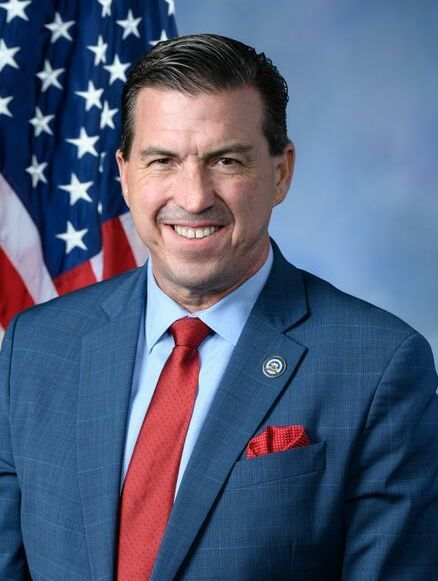
Co-Sponsor
-
TrackJerrold Nadler
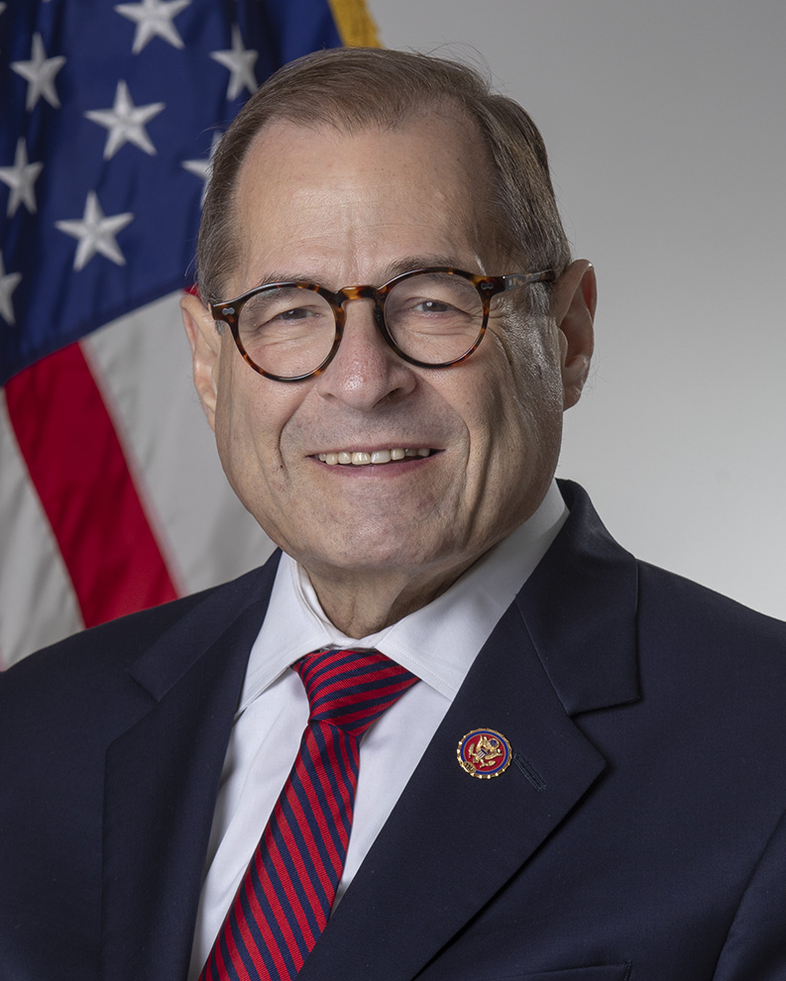
Co-Sponsor
-
TrackEleanor Holmes Norton

Co-Sponsor
-
TrackAlexandria Ocasio-Cortez

Co-Sponsor
-
TrackJohnny Olszewski
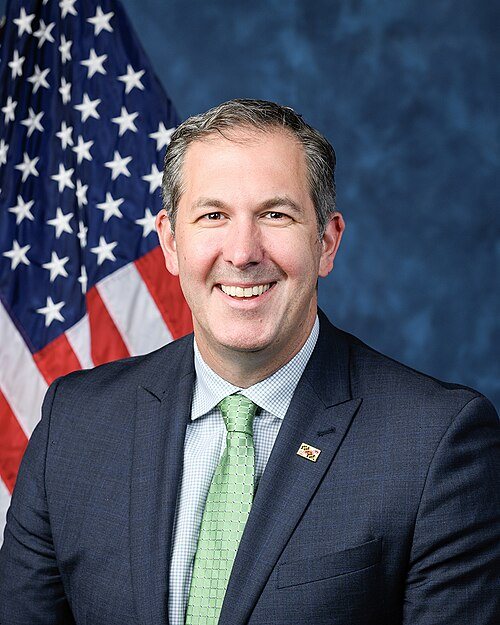
Co-Sponsor
-
TrackChellie Pingree
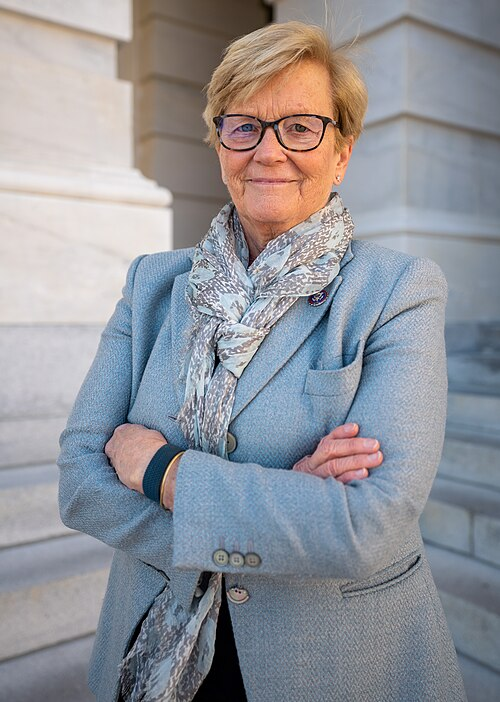
Co-Sponsor
-
TrackMike Quigley
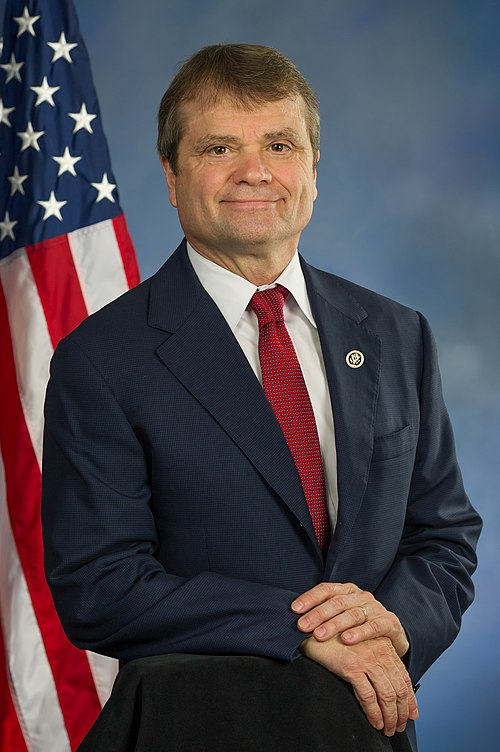
Co-Sponsor
-
TrackAndrea Salinas
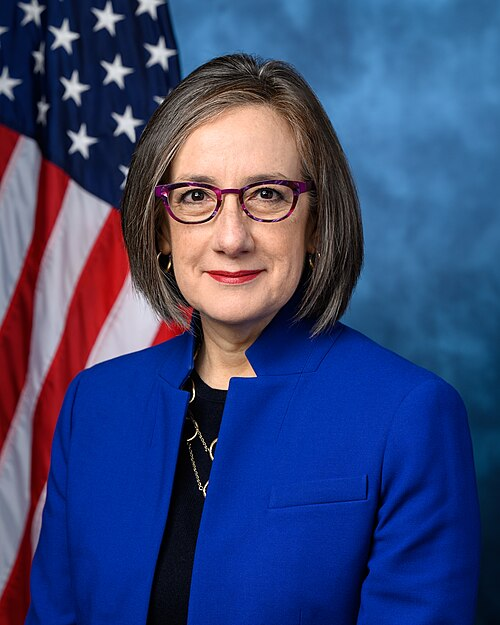
Co-Sponsor
-
TrackMary Gay Scanlon
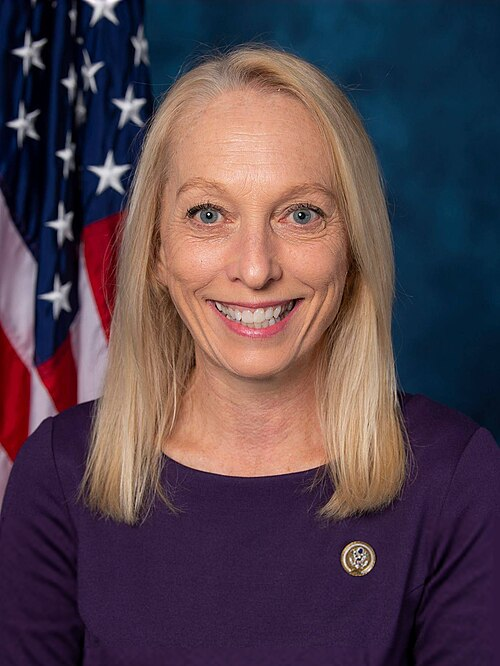
Co-Sponsor
-
TrackMelanie A. Stansbury
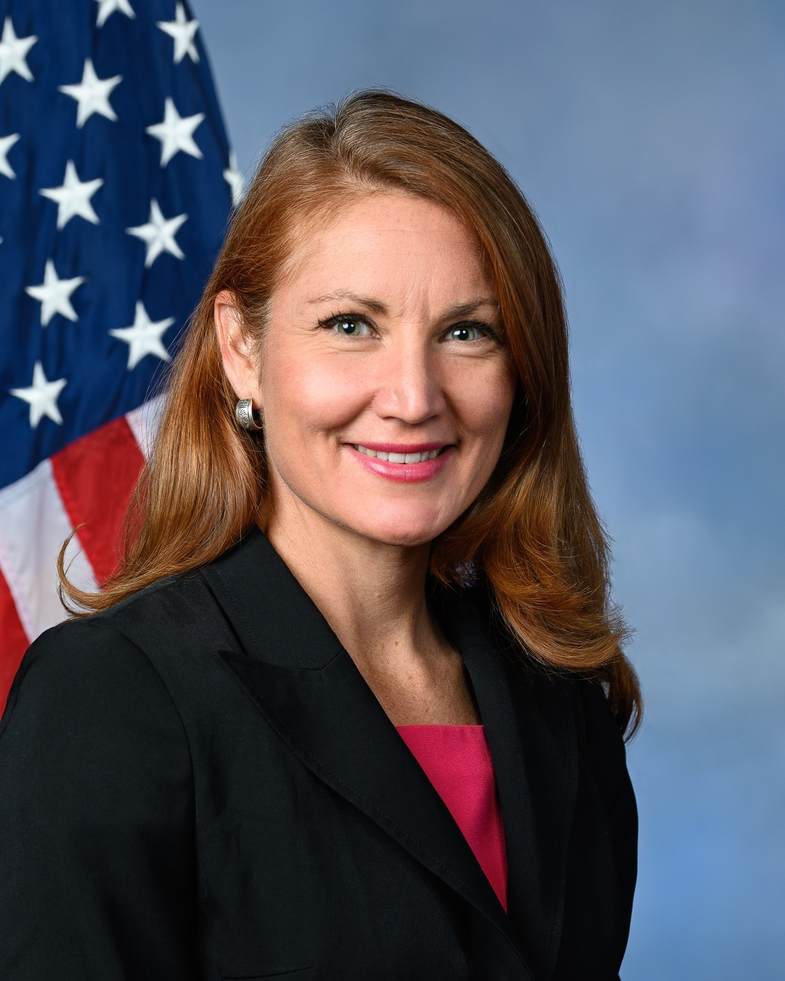
Co-Sponsor
-
TrackEmilia Strong Sykes

Co-Sponsor
-
TrackShri Thanedar

Co-Sponsor
-
TrackRashida Tlaib
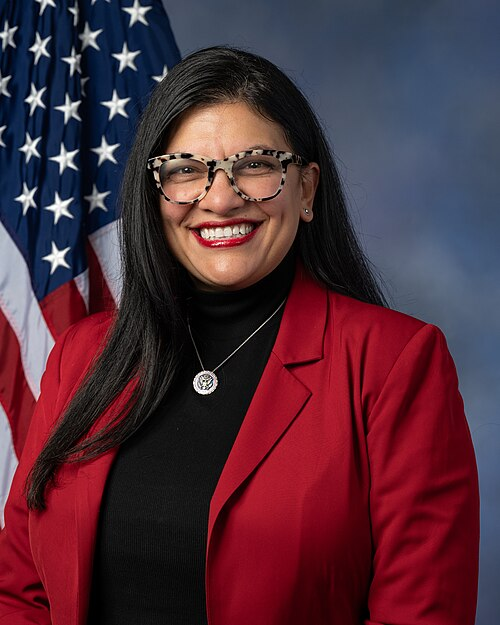
Co-Sponsor
-
TrackJill N. Tokuda
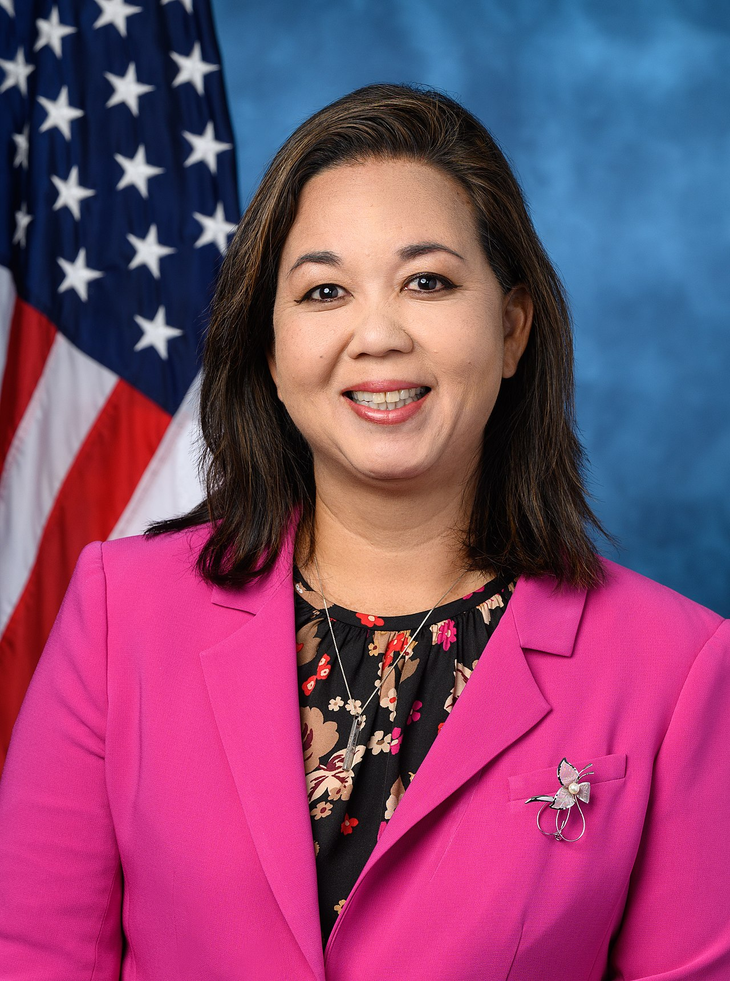
Co-Sponsor
-
TrackPaul Tonko
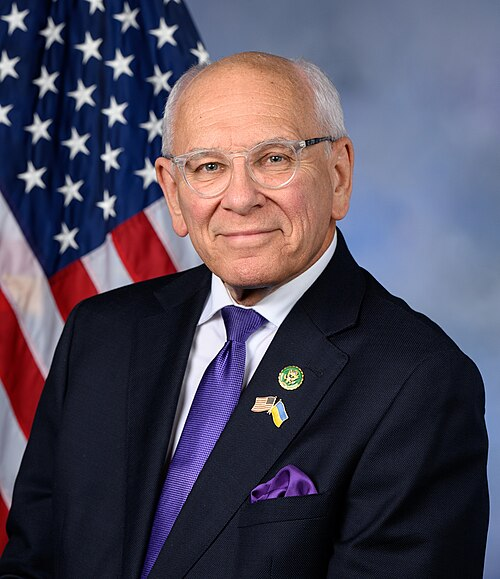
Co-Sponsor
Actions
2 actions
| Date | Action |
|---|---|
| Feb. 21, 2025 | Introduced in House |
| Feb. 21, 2025 | Referred to the Committee on Energy and Commerce, and in addition to the Committee on Science, Space, and Technology, for a period to be subsequently determined by the Speaker, in each case for consideration of such provisions as fall within the jurisdiction of the committee concerned. |
Corporate Lobbying
0 companies lobbying
None found.
* Note that there can be significant delays in lobbying disclosures, and our data may be incomplete.













